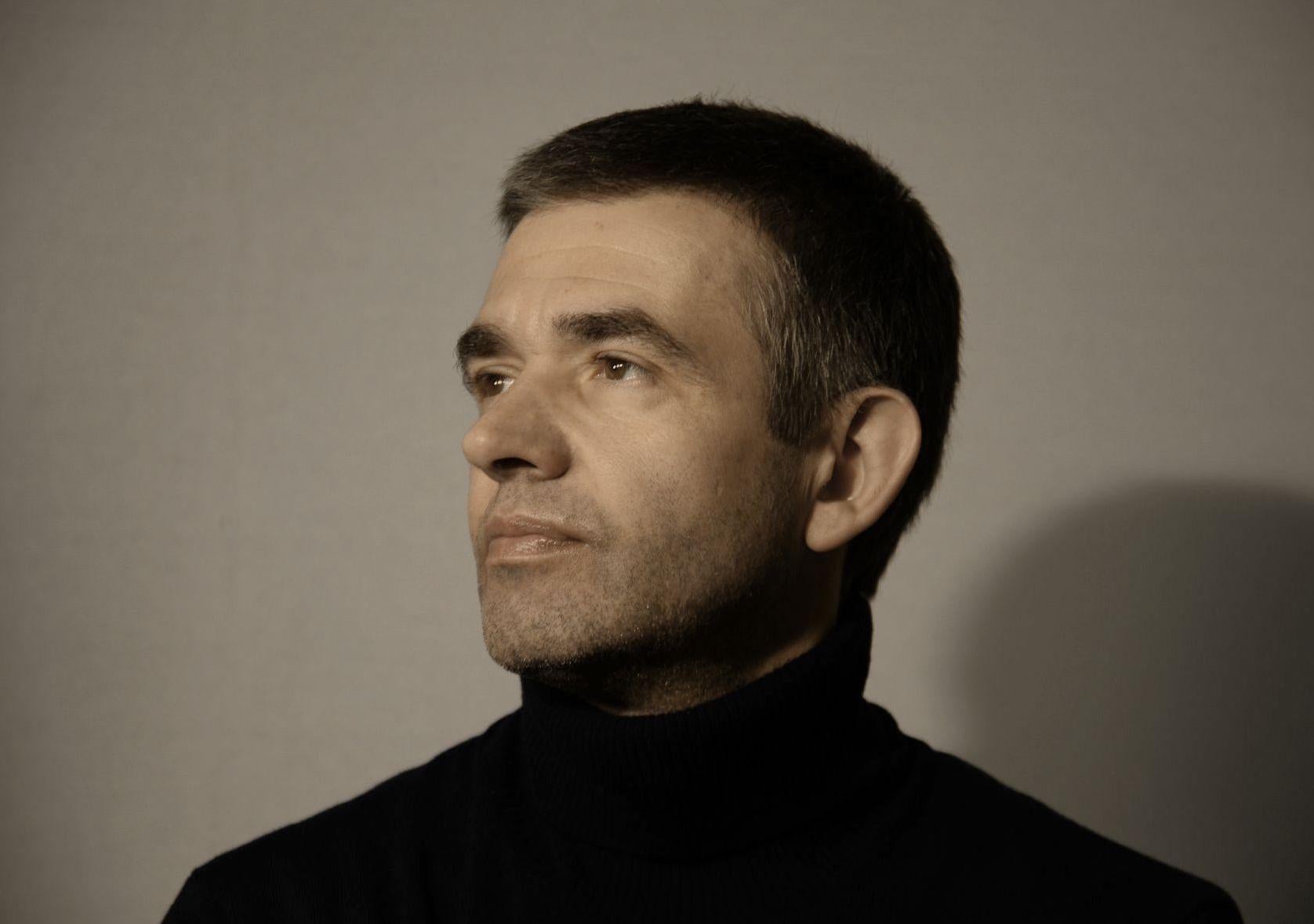Charlie Hebdo survivor Philippe Lançon wins prestigious Paris book prize
The author won the Femina literary prize for his book 'Le Lambeau'

Your support helps us to tell the story
From reproductive rights to climate change to Big Tech, The Independent is on the ground when the story is developing. Whether it's investigating the financials of Elon Musk's pro-Trump PAC or producing our latest documentary, 'The A Word', which shines a light on the American women fighting for reproductive rights, we know how important it is to parse out the facts from the messaging.
At such a critical moment in US history, we need reporters on the ground. Your donation allows us to keep sending journalists to speak to both sides of the story.
The Independent is trusted by Americans across the entire political spectrum. And unlike many other quality news outlets, we choose not to lock Americans out of our reporting and analysis with paywalls. We believe quality journalism should be available to everyone, paid for by those who can afford it.
Your support makes all the difference.French journalist Philippe Lançon — who was injured in the deadly attacks on satirical magazine Charlie Hebdo in 2015 — has won an acclaimed literary prize.
Appearing in public for the first time since the incident, Lançon collected the Femina prize for his book Le Lambeau in Paris.
The book details the terrorist attack, which saw two Islamic militants shoot dead 12 people and injure 11 others, as well as Lançon’s slow recovery after being shot in the face, leaving him in a critical condition.
Describing his injury in Le Lambeau, as translated by Robert McLiam Wilson for The Guardian, Lançon writes: “Instead of a chin and the right hand part of the lower lip there was, not a hole exactly but a crater of destroyed and hanging flesh that seemed to have been put there by the painting hand of a child, like a blotch of gouache on a picture.”
The two gunmen who burst into the magazine’s headquarters were later shot down by security forces. The victims were eight journalists, two police officers, a caretaker and a visitor.
The Femina prize was created in 1904 as an alternative to the Prix Goncourt and sees an all-female jury select a winner.
Join our commenting forum
Join thought-provoking conversations, follow other Independent readers and see their replies
Comments